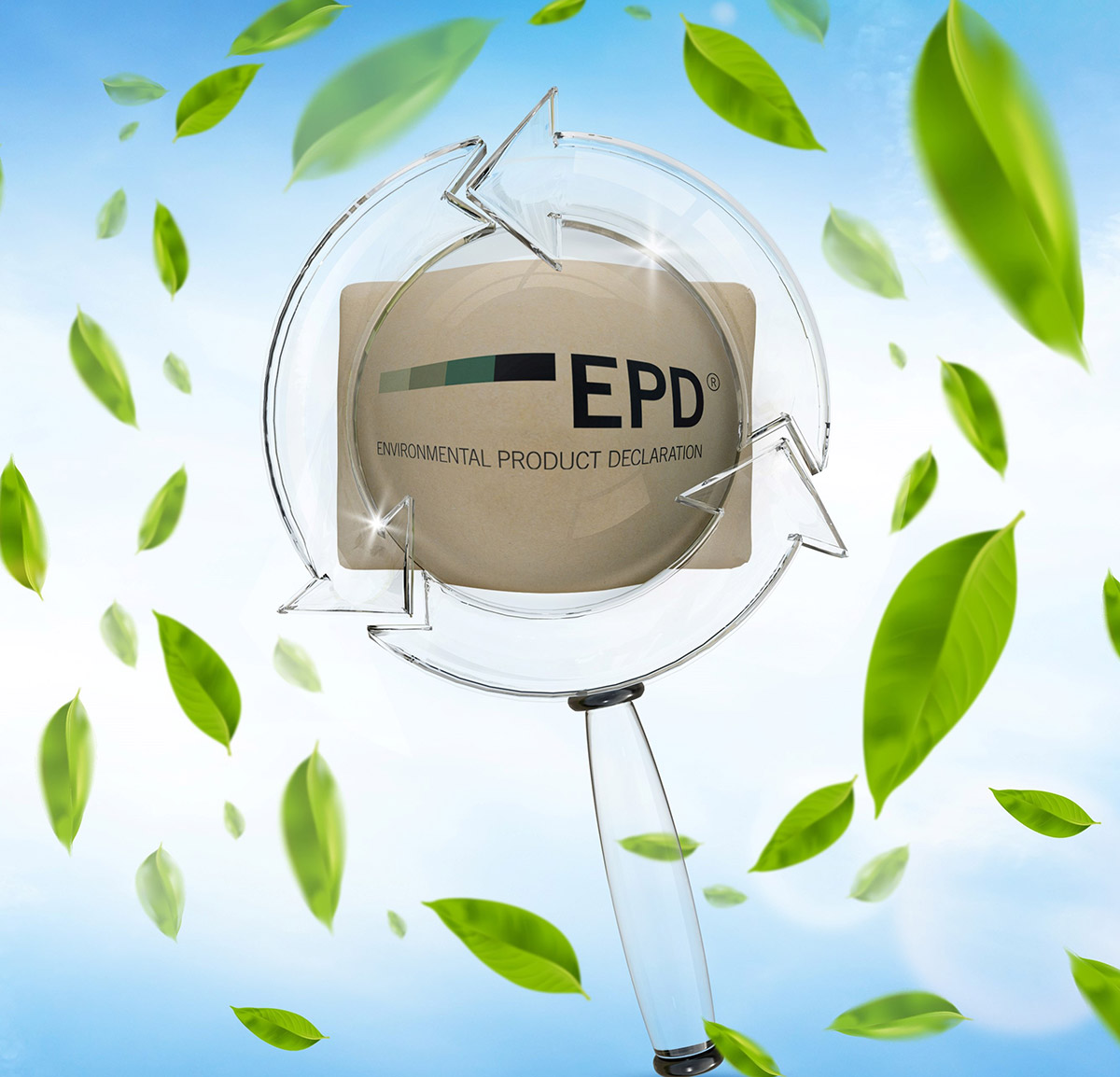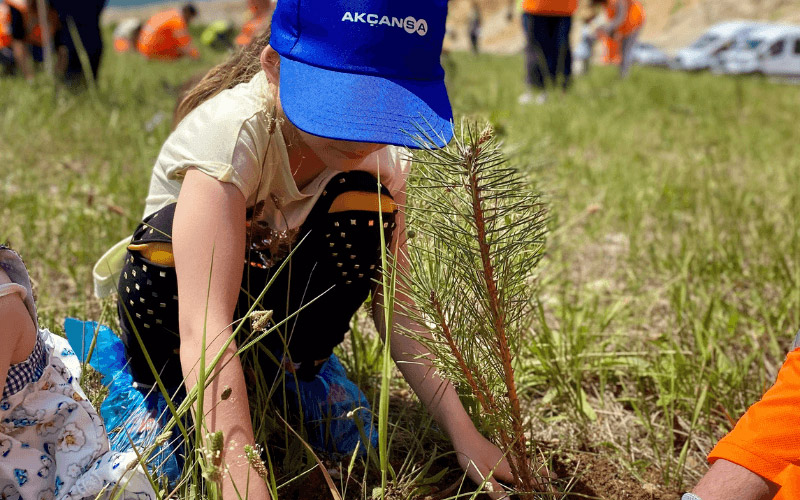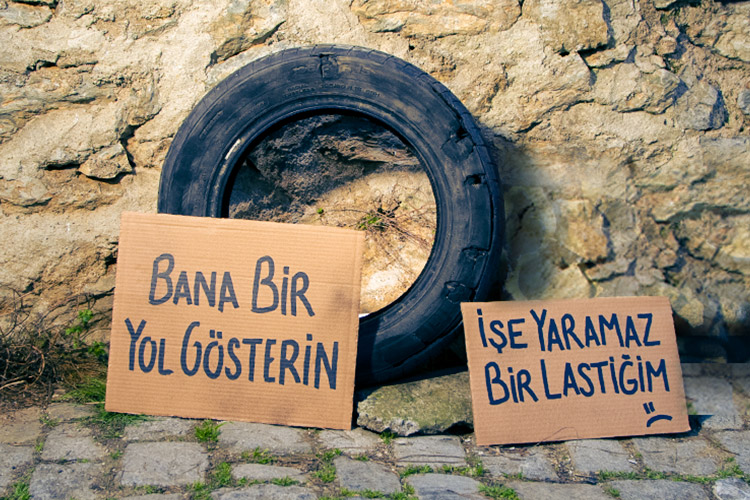SUSTAINABILITY

Combating and Adapting to Climate Change
Akçansa manages its efforts to combat climate change with short, medium, and long-term targets in line with the risks and opportunities identified in its strategic management processes.
Akçansa’s understanding of managing climate change-related risks is, accordingly, structured in line with improving operational processes, developing sustainable products, and acting in accordance with its low-carbon strategy in the entire product life cycle.
Akçansa actively participates in national, international, and sectoral initiatives to combat, mitigate, and adapt to climate change and develops performance-enhancing practices and collaborations by monitoring opportunities to transition to a low-carbon economy.
Our company aims to increase energy efficiency in all its activities to limit the impacts on our climate, reduce greenhouse gas and other air emissions, utilize alternative or renewable energy resources in cement production processes, and effectively manage resources in production processes by using alternative raw materials.
In 2013, Akçansa received the industry’s first ISO 50001 certification covering its three cement plants and the Çanakkale port facility. With its Waste Heat Energy Recovery Facility with a capacity of 15 MW at the Çanakkale Plant, the company blazed a trail in Türkiye, enabling the reuse of waste heat generated during the production process.
line with its transparency approach, Akçansa continues to participate in the Carbon Disclosure Project (CDP), which it joined in 2011.
Here you can access CDP and other reports.



